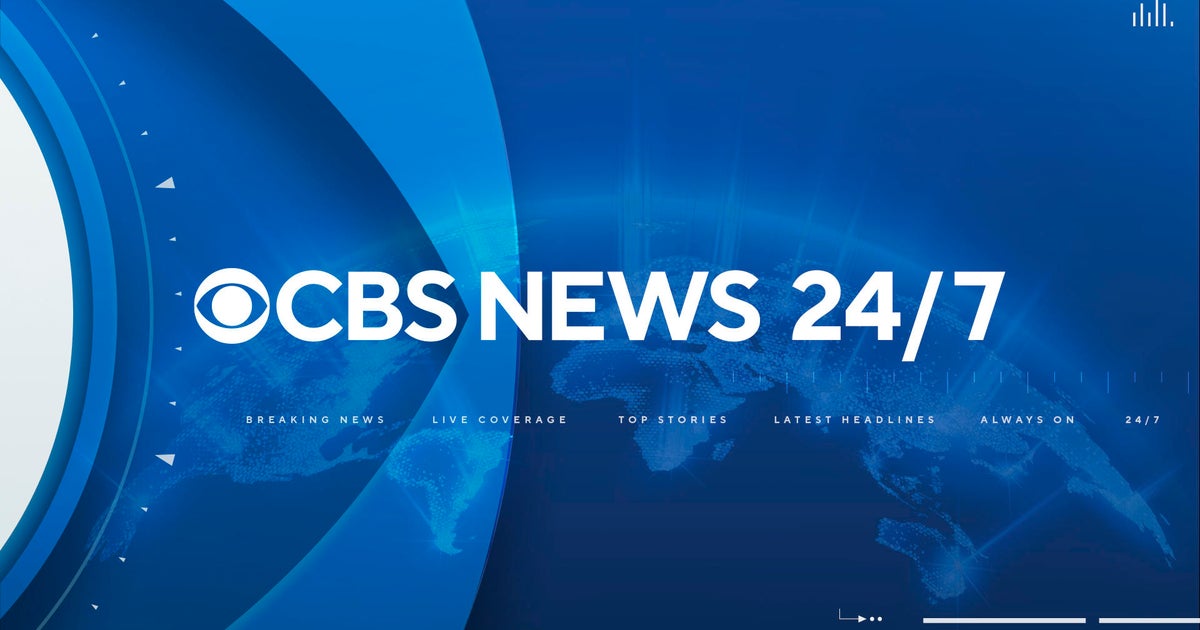Exclusive News Insights: What's Making Waves Today?
Exclusive News Insights: What's Making Waves Today?
Blog Article
Browsing the News Landscape: Tips for Searching For Credible Information
In an age where details is plentiful yet typically unreliable, browsing the news landscape with discernment is extremely important. Developing the reliability of resources is the very first step, as comprehending the qualifications of writers and the online reputation of their publications can significantly affect the quality of info consumed.
Assessing Resource Reliability
Reviewing source reputation is vital for making certain the dependability of information in an age noted by information overload. As individuals browse various types of media, from electronic short articles to socials media, discerning legitimate sources ends up being extremely important. Secret variables to think about when analyzing resource trustworthiness consist of the authority of the writer, the publication's track record, and the proof provided to support insurance claims.
First, check out the writer's certifications and knowledge in the subject issue. Writers with pertinent academic or professional backgrounds are a lot more most likely to give dependable insights. Next, think about the publication's reputation; developed media outlets commonly abide by journalistic requirements and fact-checking methods, making them more trustworthy.
Additionally, evaluate the high quality and significance of the proof provided. Qualified resources often cite peer-reviewed studies, expert interviews, or main data, which strengthens their cases.
Cross-Checking Info
Cross-checking details is an important practice for confirming the precision of insurance claims and avoiding the risks of misinformation. This process entails contrasting information from numerous trusted resources to determine its legitimacy.
To effectively cross-check info, it is vital to use diverse sources, consisting of developed news companies, academic journals, and specialist opinions. Each source might provide a distinct viewpoint or additional context that improves understanding. Pay attention to the publication dates of the info being assessed, as updates or adjustments may have been provided.
In addition, consider the context in which information exists. Seek affirming proof, such as information, meetings, or direct accounts, that offer reliability to an insurance claim. Be careful of sensational headlines or emotionally charged language, as these can indicate an attempt to manipulate perception.
Acknowledging Predisposition and Point Of View
Recognizing prejudice and viewpoint is critical for browsing the facility landscape of details. Every item of information is filteringed system via the lens of the author's experiences, ideas, and associations, which can substantially shape the narrative offered. As consumers of information, it is necessary to recognize these biases, as they can lead to altered assumptions of truth.

It is additionally vital to recognize your own prejudices. Personal ideas can influence how you translate information, making it vital to come close to information with a vital way of thinking. Involving with diverse perspectives can assist neutralize individual predispositions, enabling an extra rounded understanding of problems.
Eventually, acknowledging bias and perspective in news coverage is not just an academic exercise; it is a vital ability for educated citizenship in a democratic society. By growing this understanding, individuals can make more enlightened decisions and add to an extra nuanced public discourse.
Understanding Fact-Checking Resources
Fact-checking sources play a pivotal duty in critical the precision of information in a period marked by false information and sensationalism. These resources, which include independent companies and online platforms, are devoted to verifying claims made by public numbers, media outlets, and social networks messages. They employ strenuous approaches to analyze the legitimacy of statements, commonly pointing out initial sources and giving context to help with understanding.
Some well-known fact-checking organizations, such as Snopes, FactCheck.org, and resource PolitiFact, emphasis on different subjects, from political rhetoric to viral internet insurance claims. Their job not just exposes incorrect information but also emphasizes the value of evidence-based discourse. By consulting these resources, individuals can establish a much more discerning strategy to the info they come across.
Additionally, several fact-checking platforms offer user-friendly interfaces that permit fast searches by subject or insurance claim, making it less complicated for individuals to discover appropriate information without delay. Engaging with fact-checking sources fosters important thinking and equips customers with the devices needed to browse the complex information landscape properly, ultimately advertising an extra educated public discussion.

Using Trusted News Aggregators
In today's busy info landscape, trusted information collectors act as valuable devices for individuals seeking reputable news sources. These platforms put together newspaper article from various reliable outlets, giving customers with a combined view of existing occasions. By curating content from established media companies, aggregators assist users prevent the challenges of misinformation and sensationalism usually widespread in much less legitimate resources.
When utilizing news collectors, it is important to pick ones that prioritize high quality over amount. Search for systems that employ rigorous editorial criteria, guaranteeing that the information provided is accurate and trustworthy. Popular aggregators like Google News, Feedly, and Flipboard permit users to tailor their news feeds based on subjects of rate of interest, enabling a customized experience that can enhance expertise and recognition.
Furthermore, collectors often include functions such as fact-checking assimilations and user scores, better aiding customers in discerning legitimate information - news. However, while information aggregators are helpful, customers need to continue to you can look here be cautious and cross-reference info with main resources when essential. By leveraging trusted news collectors efficiently, individuals can navigate the complicated media landscape while staying educated with reputable and varied point of views
Verdict
In conclusion, browsing the news landscape demands an organized approach to make sure the consumption of trustworthy this post info. Additionally, using fact-checking sources and trusted information collectors improves the capability to determine precise reporting from misinformation.
Report this page